Q: When Must Employers Seek a Religious Accommodation Regarding a Personal Appearances Policy?
A: Religious discrimination involves treating a person (an applicant or employee) unfavorably because of his or her religious beliefs and is prohibited by the federal law known as Title VII of the Civil Rights Act of 1964. The Equal Employment Opportunity Commission (EEOC), which is a federal agency, is responsible for enforcing this law. The law protects not only people who belong to traditional organized religions, like Buddhism, Christianity, Hinduism, Islam and Judaism, but also others who have sincerely held religious, ethical or moral beliefs. Religious discrimination can also involve treating someone differently because that person is married to (or associated with) an individual of a particular religion or because of his or her connection with a religious organization or group.
Unless it would be an undue hardship on the employer’s operation of its business, an employer must reasonably accommodate an employee’s religious beliefs or practices. This applies not only to schedule changes or leave for religious observances, but also to such things as dress or grooming practices that an employee has for religious reasons. These might include, for example, wearing head coverings or other religious dress (such as a Jewish yarmulke or a Muslim headscarf), or wearing certain hairstyles or facial hair (such as Rastafarian dreadlocks or Sikh uncut hair and beard). Recently we have seen the inclusion of ‘Crown Acts’ which also protect natural hair styles. It also includes an employee’s observance of a religious prohibition against wearing certain garments (such as pants or miniskirts).
Also, as mentioned above, an employer does not have to accommodate an employee’s religious beliefs or practices if doing so would cause undue hardship to the employer. An accommodation may cause undue hardship if it is costly, compromises workplace safety, decreases workplace efficiency, infringes on the rights of other employees, or requires other employees to do more than their share of potentially hazardous or burdensome work. For example, workplace safety issues, like the prohibition of wearing loose garments around machinery, do not need to be overlooked for the sake of accommodation.
When an employee or applicant needs a dress or grooming accommodation for religious reasons, it is the employee’s responsibility to notify the employer that he or she needs such an accommodation for religious reasons. If the employer reasonably needs more information, the employer and the employee should engage in an interactive process to discuss the request. If it would not pose an undue hardship, the employer must grant the accommodation.
If you have questions about religious accommodations, please contact Catapult’s Advice Team at 919‑878‑9222.
Written by a Catapult Advisor
